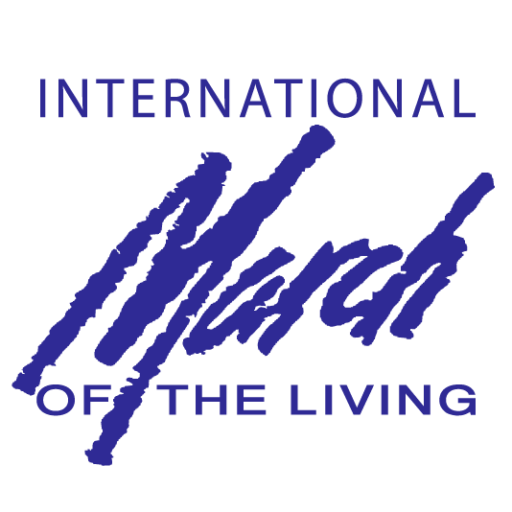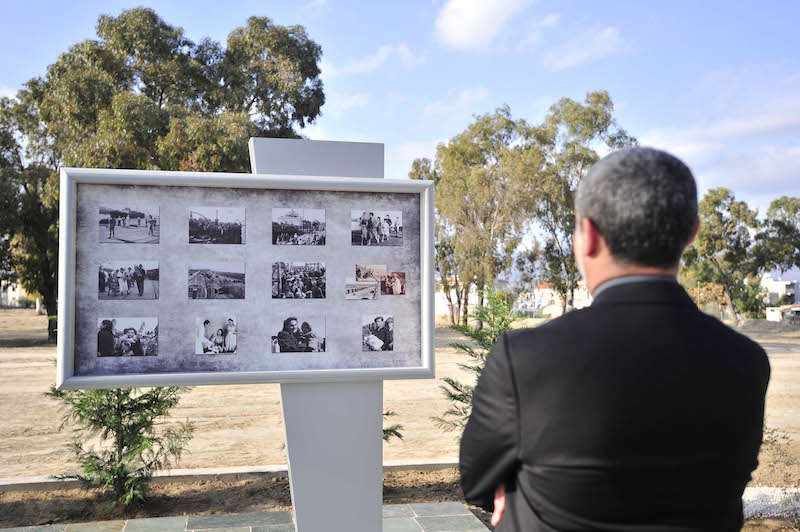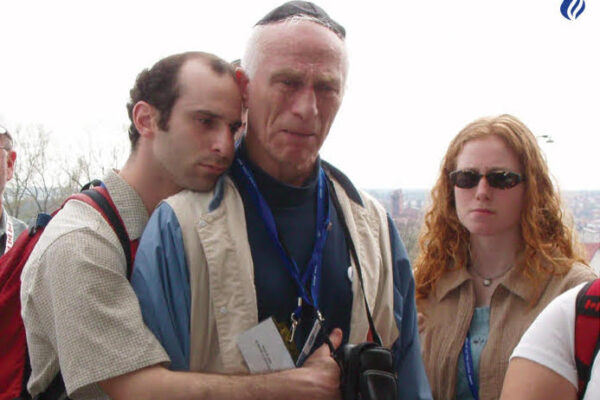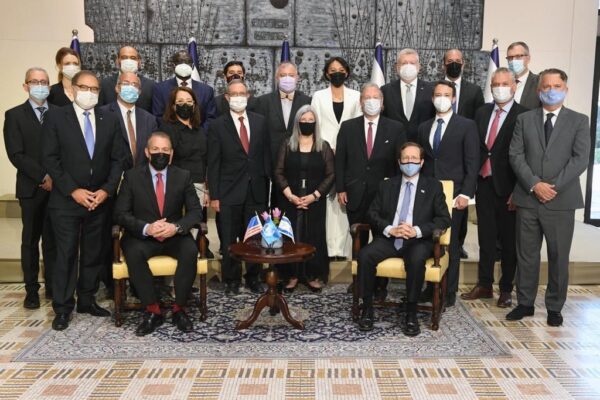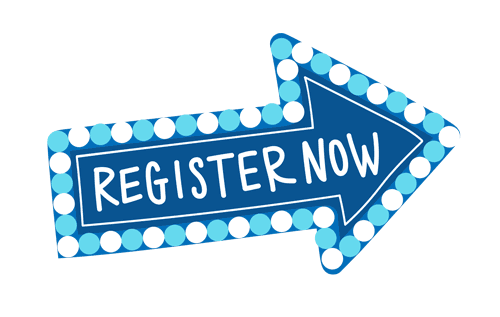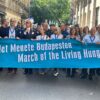Cyprus and Israel’s defence ministers unveiled a monument on Wednesday, honouring children of Holocaust survivors whose passage to Israel went through the island more than half a century ago.
Israeli minister Moshe Ya’alon arrived in the morning in what was a historic first official visit by an Israeli Minister of Defence to the Cyprus, as part of boosting Cyprus-Israel Friendship ties.
Ya’alon later visited the military Camp of Lieutenant General Vasiliou Kapota – former British Military Hospital (BMH) in Nicosia – where the monument was unveiled. It has been erected in honour of the children of Holocaust survivors, for whom Cyprus had become a transit place for their passage to Israel.
During World War II and the Holocaust, Cyprus played a major role for the Jewish communities of Europe. After the rise of Nazism in 1933, hundreds of Jews escaped to Cyprus.
Following the liquidation of the concentration camps of Europe, the British set up a detention camp in Cyprus to stop Holocaust survivors from trying to enter Palestine. From 1946 until the establishment of the State of Israel in 1948, the British confined 50,000 Jewish refugees on the island.
Once the State of Israel was created, most of the refugees moved to Israel. However, some 2,200 babies were born on the island, at the British Military Hospital, as they waited to enter Israel.
A reporter of Simerini daily, spoke to one of these children, 68-year-old Zechavit Plymenfield born at BMH on May 3, 1948, who will be at the unveiling ceremony. Her parents had been kept at the Dhekelia detention centre since 1947 and, Zecharit says, always talked about how Cypriots really helped the Jews.
“Cypriots would bring fruit, sweets for the children and everything they had and we didn’t,” she tells the paper. In many instances, Cypriots risked their lives helping Jews escape to Palestine. “You Cypriots should be proud for helping our people in those difficult times,” she adds.
Zehavit does not have personal memories of her life on the island, which she calls her second home country, but her parents talked so much about the camp and the people who helped them during their stay here.
“Today, so many decades later, 2,200 individuals including myself are looking for any information on the lives of our parents in the camps and our early years in this world. It is here, on this land, that I have learned the importance of helping those in need, irrespective of faith, race or gender.
I apply this knowledge through my volunteer work and this is my way of thanking my Cypriot brothers and sisters. Thank you, Toda Raba, for everything you have done to make life easier in the camps for the ‘illegal migrants’ and their children,” she concludes.
(Photos by Stefanos Kouratzis)
Originally published HERE.
